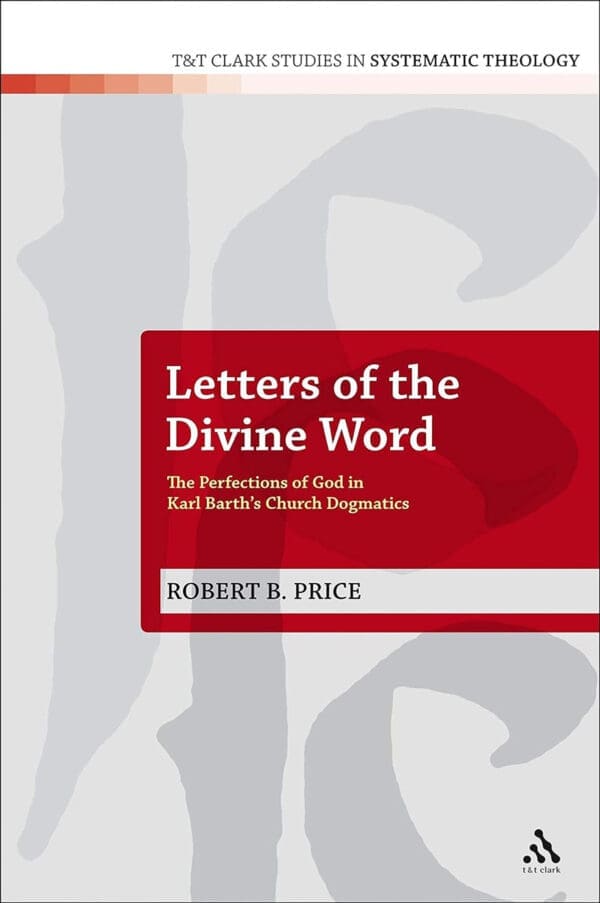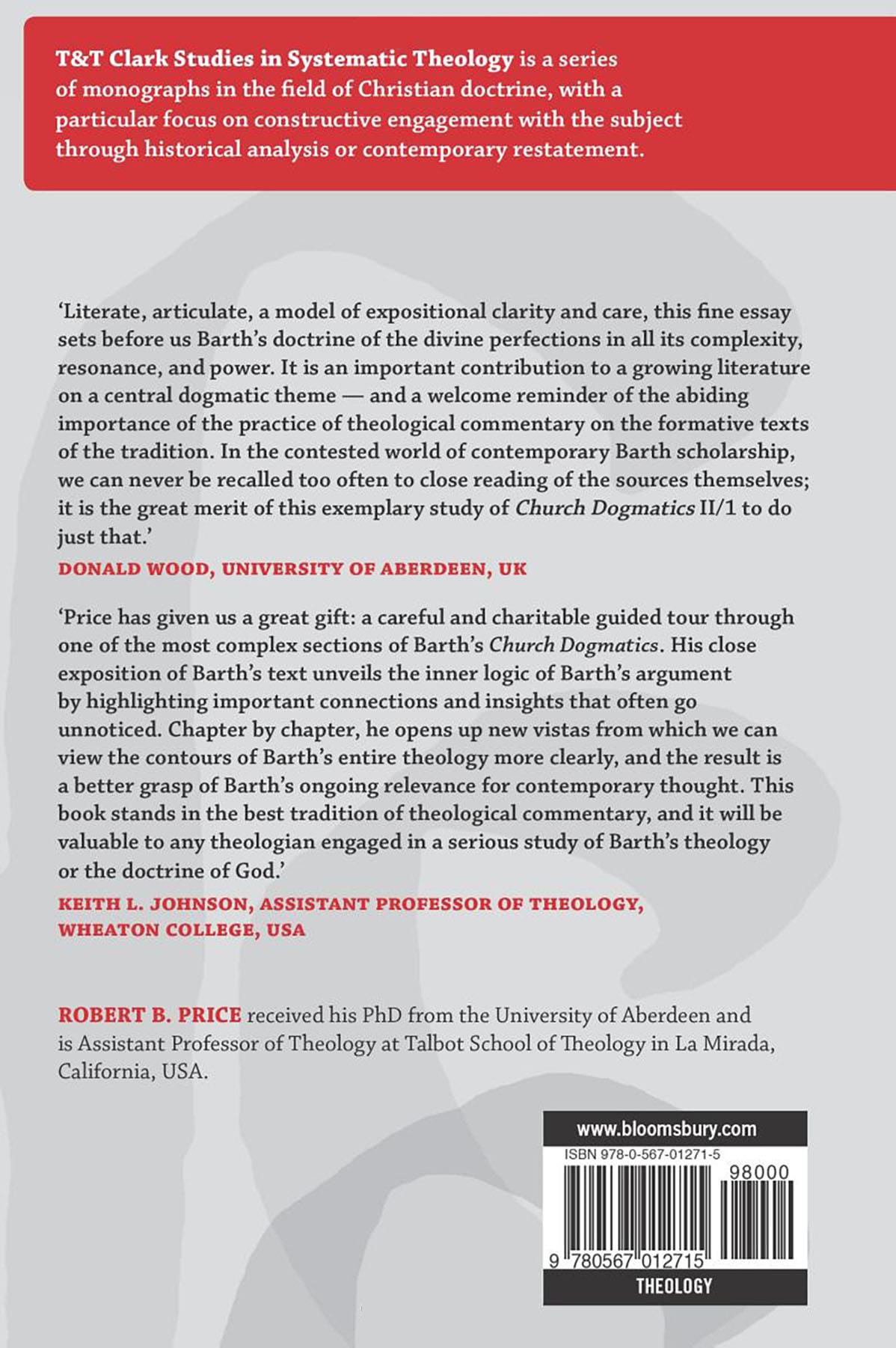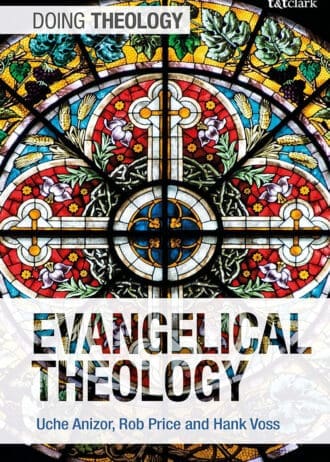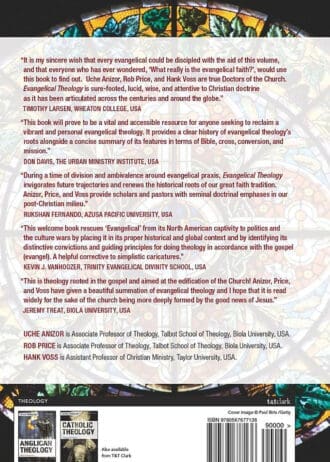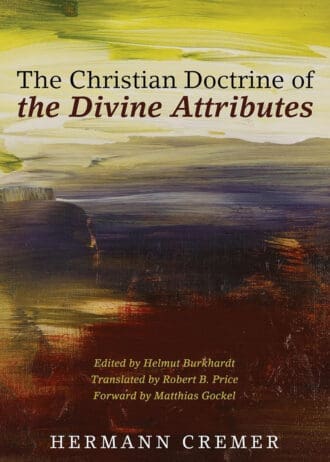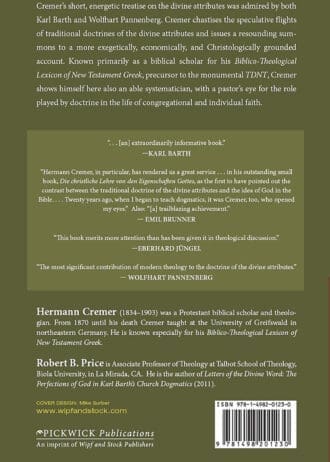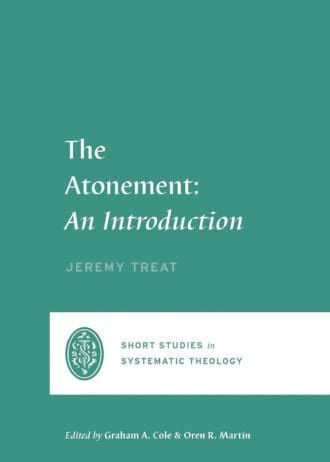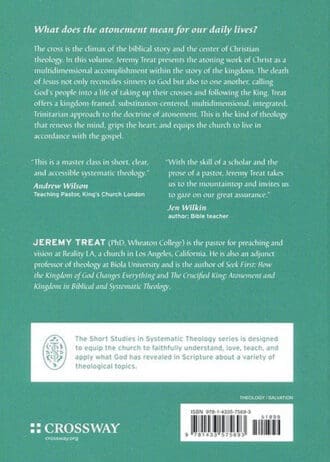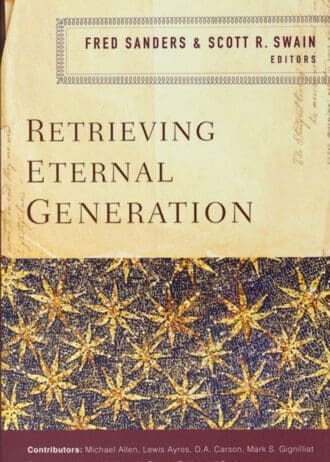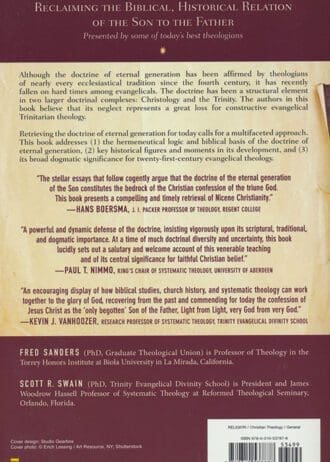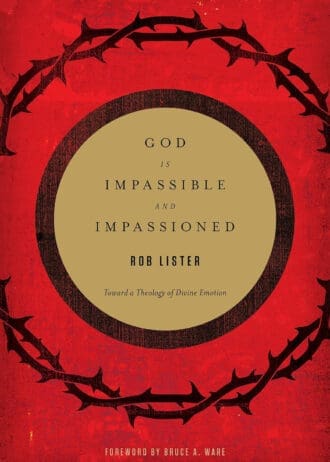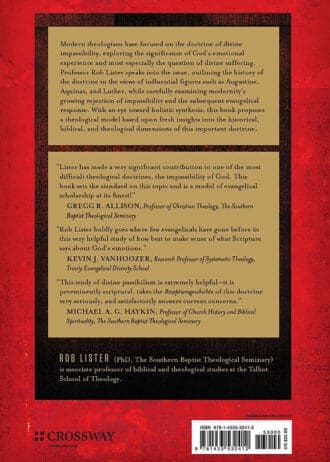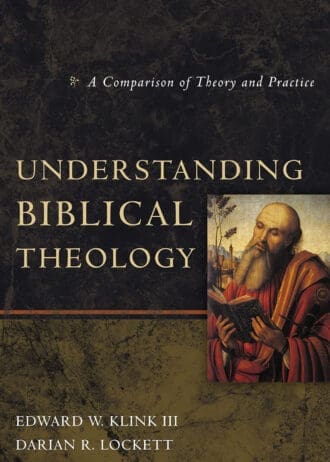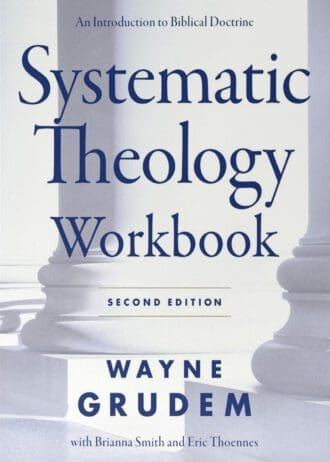The Christian doctrine of God has traditionally been presented in two parts: an account of the existence and attributes of God on the one hand, and an account of God’s triunity on the other. The present study is an analysis of Karl Barth’s doctrine of the divine attributes (or ‘perfections’), as it appears in his “Church Dogmatics II/1”. Barth’s doctrine of the divine perfections has received comparatively little attention, and what attention it has received is typically very selective. Authors unaware of larger, structural themes in Barth’s account often misconstrue significant details of Barth’s text. Others wrongly discount the implications of Barth’s doctrine of the perfections for his theology as a whole. The aim of this study is primarily to clarify what Barth says about the perfections and secondarily to relate this to broader themes in Barth’s theology.
“T&T Clark Studies in Systematic Theology” is a series of monographs in the field of Christian doctrine, with a particular focus on constructive engagement with major topics through historical analysis or contemporary restatement.
Editorial Reviews
Price has given us a great gift: a careful and charitable guided tour through one of the most complex sections of Barth’s Church Dogmatics. His close exposition of Barth’s text unveils the inner logic of Barth’s argument by highlighting important connections and insights that often go unnoticed. Chapter by chapter, he opens up new vistas from which we can view the contours of Barth’s entire theology more clearly, and the result is a better grasp of Barth’s ongoing relevance for contemporary thought. This book stands in the best tradition of theological commentary, and it will be valuable to any theologian engaged in a serious study of Barth’s theology or the doctrine of God.
Keith L. Johnson, Assistant Professor of Theology, Wheaton College, IL, USA
Literate, articulate, a model of expositional clarity and care, this fine essay sets before us Barth’s doctrine of the divine perfections in all its complexity, resonance, and power. It is an important contribution to a growing literature on a central dogmatic theme—and a welcome reminder of the abiding importance of the practice of theological commentary on the formative texts of the tradition. In the contested world of contemporary Barth scholarship, we can never be recalled too often to close reading of the sources themselves; it is the great merit of this exemplary study of Church Dogmatics II/1 to do just that.
Donald Wood, University of Aberdeen, UK

